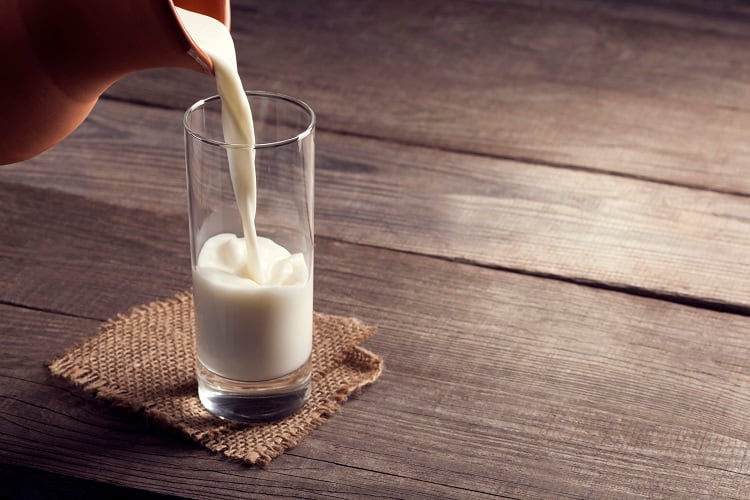The research was conducted in response to contradictory reports investigating the causal link between higher dairy intake and cardiometabolic diseases, such as diabetes and obesity.
Specifically, recent studies have demonstrated a causal relationship between higher dairy intake and higher body mass index (BMI), but not cardiovascular disease-related outcomes.
An international research team – made up of scientists in the UK, Australia, and New Zealand – undertook the study, which consisted of a meta-analysis of data from up to 1.9m people.
The three large-scale population-based studies analysed include the 1958 British Birth Cohort, the Health and Retirement Study, UK Biobank.
Findings were recently published in the International Journal of Obesity.
Identifying genetic variation
The researchers identified participants deemed to consume higher levels of milk via a genetic variation in the lactase gene, which is associated with the digestion of milk sugars.
“We found that among participants with a genetic variation that we associated with higher milk intake, they had high BMI body fat, but importantly had lower levels of good and bad cholesterol,” according to study co-author Professor Vimal Karani, Professor of Nutrigenetics and Nutrigenomics at the University of Reading.
Findings also indicated that those with the genetic variation – likely to be those with greater milk intake – had a ‘significantly’ lower risk of coronary heart disease.
“All of this suggests that reducing the intake of milk might not be necessary for preventing cardiovascular diseases,” he continued.
An unknown ‘milk factor’?
One of the large population datasets analysed, that of the UK Biobank, showed that those with the lactase genetic variation had an 11% lower risk of type 2 diabetes.
Further, an association between higher milk intake and increased risk of diabetes – including related traits such as glucose and inflammatory biomarkers – was not established.
Concerning the lower cholesterol levels in participants with a higher milk consumption, the researchers said they were unable to establish whether the fat content in milk played a role.
“The study certainly shows that milk consumption is not a significant issue for cardiovascular disease risk, even though there was a small rise in BMI and body fat among milk drinkers,” noted Professor Karani.
“What we do note in the study is that it remains unclear whether it is the fat content in dairy products that is contributing to the lower cholesterol levels, or if it is due to an unknown ‘milk factor’.”
Overall, the data suggest there is no need to limit milk intakes with respect to cardiovascular disease risk.
Source: International Journal of Obesity
‘Evidence for a causal association between milk intake and cardiometabolic disease outcomes using a two-sample Mendelian Randomization analysis in up to 1,904,220 individuals’
Published 24 May 2021
DOI: https://doi.org/10.1038/s41366-021-00841-2
Authors: Karani Santhanakrishnan Vimaleswaran, Ang Zhou, Alana Cavadino, and Elina Hyppönen.




